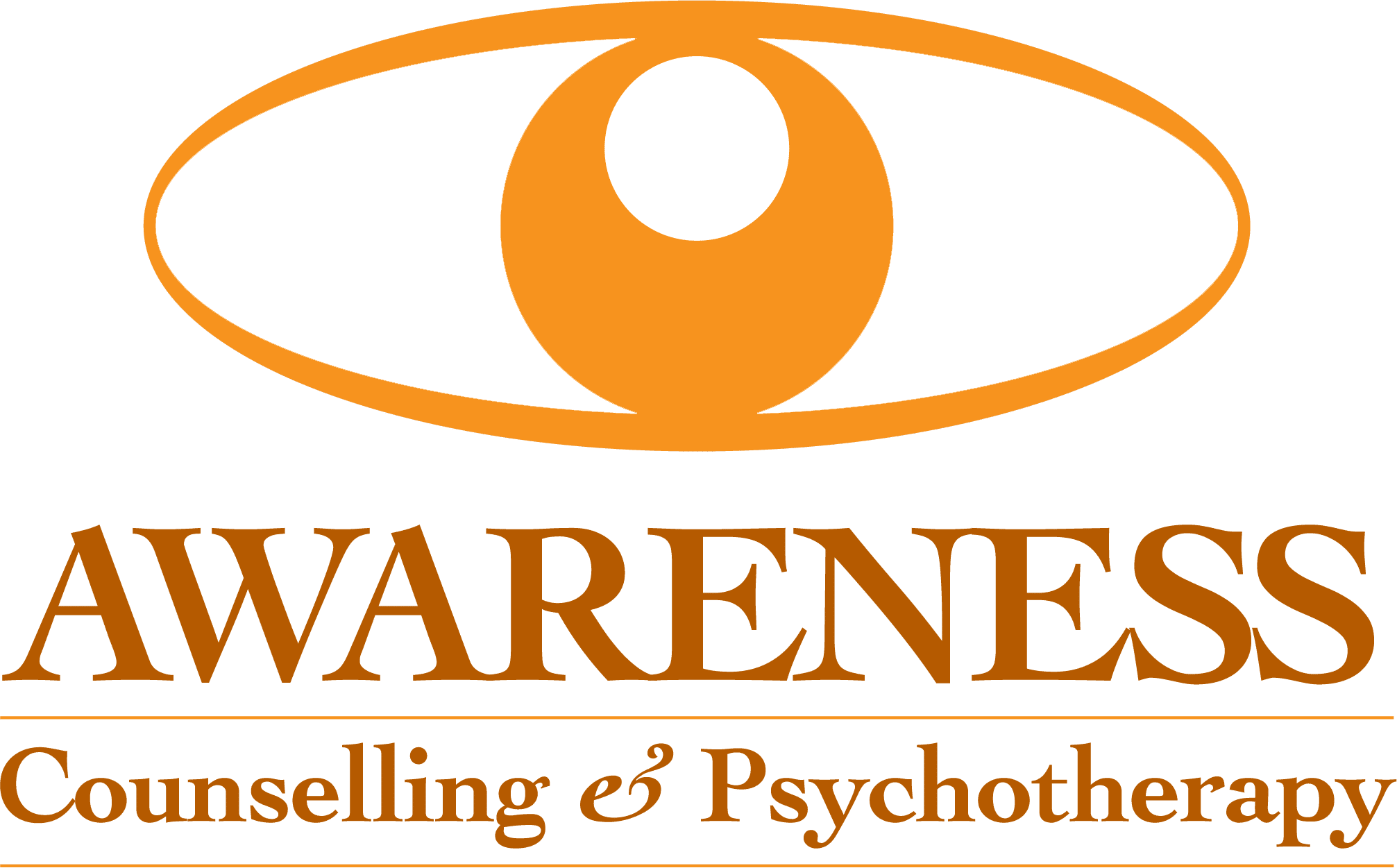
Clinical Supervision for Counsellors, Psychotherapists and others in the helping professions.
Supervision is a cornerstone of ethical, reflective, and effective practice. It offers a collaborative space for therapists and those working in the helping profession to pause, explore, and deepen their understanding of their work with clients. More than a procedural requirement, supervision is a rich relational process that nurtures ongoing professional and personal growth.
“We retreat in order to return differently and of course when we are different so our others.”
Michael Caroll
Supervision through a humanistic lens
My approach supervision through a humanistic and integrative lens, grounded in respect, openness, and mutual learning. The supervisory space is one of safety, curiosity, and accountability—where supervisees can explore their client work in depth, reflect on their internal responses, and examine therapeutic dynamics without judgment.
Supervision supports therapists in stepping back from the immediacy of the therapeutic relationship and seeing it from new perspectives. This allows for greater clarity, ethical awareness, and ultimately, more attuned client care. The client’s well-being remains at the heart of all supervision work.
Supervision as a colleague
Do you experience supervision as a colleague?
Clinical supervision is a colleague-to-colleague relationship, and that collaboration is vital in supervision. In this way, it is an opportunity for both to grow as therapists. By drawing on the insights and observations of each other, which adds to their own, and in doing so, expands both their knowledge and experience.
The aim is to ensure that any of my supervisee’s standards of Counselling / Psychotherapy are competent and ethical and that they continue to develop. Code of Ethics


Group Supervision
In addition to individual supervision, I facilitate monthly group supervision, which offers a dynamic and enriching learning environment. Group supervision invites shared reflection, diverse perspectives, and peer support. It often brings unexpected insights and fosters a strong sense of community among practitioners.
Group format:
-
Held once a month, typically lasting 2–2.5 hours
-
Available both in-person (South Dublin) morning time and online, evening.
-
Suitable for qualified therapists and trainees
Group supervision provides a unique opportunity to learn from others’ experiences, practice relational skills, and widen your understanding of therapeutic process. These groups are carefully facilitated to ensure safety, openness, and professional integrity.
Meet Ray Tonge Supervisor
With over a decade of experience as a clinical supervisor, I offer a collaborative, reflective space that supports counsellors and psychotherapists in their professional and personal growth. My supervision practice is grounded in a humanistic, integrative approach—where curiosity, safety, and ethical awareness are central.
I am both IACP- and IAHIP-accredited supervisor, and currently serve as Programme Leader and Lecturer on PCI College’s Diploma in Supervision for the Helping Professions, where I support the development of future supervisors through theory, practice, and reflexive learning. This academic and practical background informs my own supervision work, blending rigour with relational depth.
I offer monthly group supervision as well as individual supervision for qualified practitioners and advanced trainees. My aim is to help to professionals stay connected to their purpose, maintain ethical integrity, and feel nourished by their work.

Interested in Supervision?
If you’re a qualified therapist or trainee looking for a supportive, collaborative, and reflective space to deepen your work, I’d be happy to hear from you. Whether you’re seeking one-to-one supervision or a place in a monthly group, feel free to get in touch to explore if we’re a good fit.






